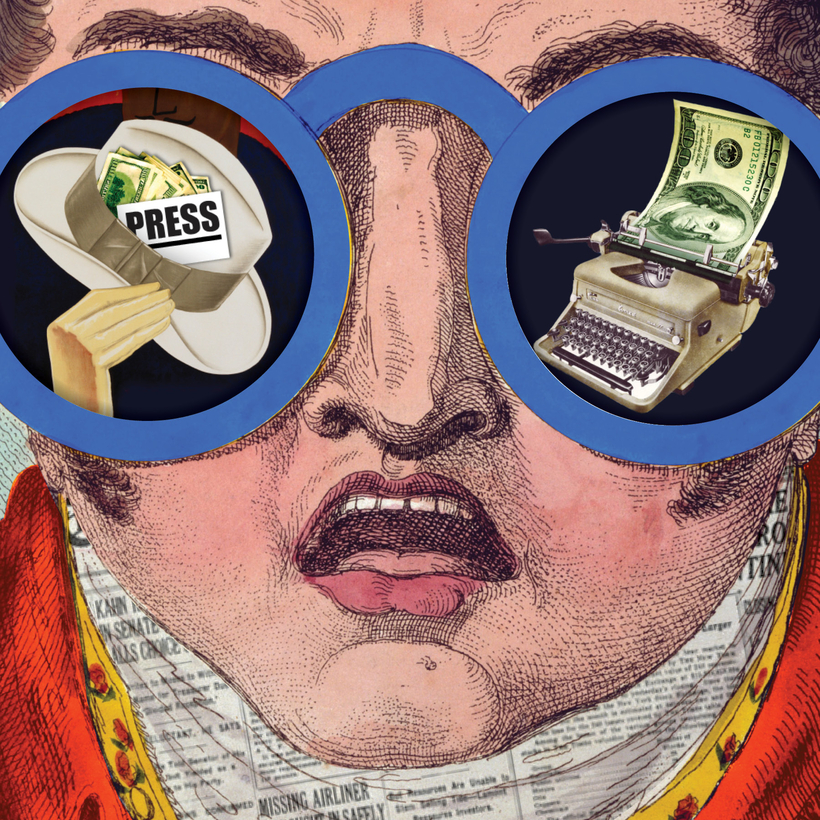It may be galling to some, but we need to recognize the accomplishments achieved by the rising generation. (Warning: there is a but looming ahead, so wait for it.)
Millennials have shown that sexuality can be defining, but it doesn’t have to be limiting, and that there is such a category as sexually fluid.


